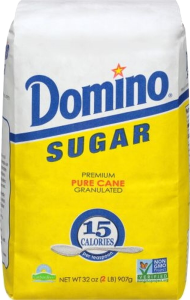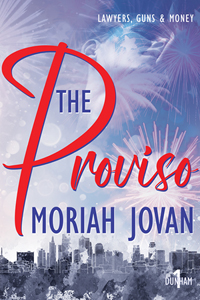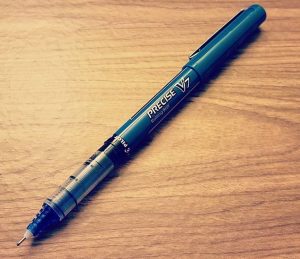When you say stupid shit and read it back almost 2 decades later when you’re cleaning up your blog
Part 2 of a series
musings
Older, more tired
When you say stupid shit and read it back almost 2 decades later when you’re cleaning up your blog
Part 1 of a series
Tidbits
 Long ago, I went on a road trip with some friends to the Redneck Riviera. There were lots of things wrong with that trip including a severe sunburn, but I had fun.
Long ago, I went on a road trip with some friends to the Redneck Riviera. There were lots of things wrong with that trip including a severe sunburn, but I had fun.
We were at a bus stop in New Orleans where there was a girl about our age, mid-twenties, standing alone, waiting for a bus. We struck up a conversation with her. She was coming home from work or … something. Don’t really remember.
The Proviso, 3rd edition: A confession
 It’s been seventeen years since I first published The Proviso, and a very hard ten since I put out the second edition. I can’t stop fiddling with these characters and I can’t stop feeling like I’ve missed something that will make the story richer.
It’s been seventeen years since I first published The Proviso, and a very hard ten since I put out the second edition. I can’t stop fiddling with these characters and I can’t stop feeling like I’ve missed something that will make the story richer.
My kids are grown and gone now, but not without a rough few years. Menopause has changed me in ways that have made me a stranger to myself—one I don’t like. My mother went through a medical scare that introduced a great deal of drama into my very large, previously drama-free family, which I never thought could happen. It’s not as intriguing in real life. I’m long past the pack’s age, and they are forever frozen in time. Read more
The Cult of Traditional Publishing, Part 2: People don’t talk like that
 A tale of hubris and envy.
A tale of hubris and envy.
“I’ve always wanted to write a book!” I hear quite a bit.
“Do it!” I say.
Writing a book has the lowest barrier to entry of any craft, hobby, art, free-time waster I can think of. Read more
The Cult of Traditional Publishing, Part 1: The math don’t lie
Mormons aren’t a cult. I know because I’m a Mormon and I was in a cult. The cult had me far more brainwashed than Mormonism ever did or ever will.
I didn’t actually do the math.
I didn’t have the numbers for one side of the colon. But based on the proliferation of newsgroups, online critique groups, publishing forums in 2008, and the number of such denizens all trying to get published, I could guess. And it was huge.
Then there was me. 1 : x6214
Mormons aren’t a cult. I know because I’m a Mormon and I was in a cult. The cult had me far more brainwashed than Mormonism ever did or ever will. Read more
David Bowie’s cod and what women really want
Wherein a women’s studies professor missed the most obvious thing about Jareth the Goblin King—and it isn’t his cod.
The movie Labyrinth (1986) is a tale of an adolescent girl’s quest/hero’s journey/sexual awakening. It’s a fantasy that features muppets good and slightly evil and everything in between. It also features David Bowie in very tight tights with his cod on obvious display. You can’t miss it—and that’s the point.
But why is it the point? Read more
Premeditatio malorum (or, borrowing trouble)
A Musing:
A lot of things really bad and really good have happened around Chez Moriah the last couple of years. One of the good things is that XX tax deduction has learned how to drive and is getting out and about on her own. She works only a few minutes away, so we got used to her driving to work and back. But she has an internship 20 minutes away from home, all freeway, heavily trafficked, and sometimes very windy. Today was her first day driving it by herself, and I am nervous and scared. Read more
Keepsakes and Reddit
 I haven’t written much. I don’t know what I can say that I haven’t said before ad nauseam, and yet, I always forget I said it and continue to say it—at least, elsewhere. In my journals (dating back 21 years), in my doodles (dating back 30), in the two internet communities I participate in now. Read more
I haven’t written much. I don’t know what I can say that I haven’t said before ad nauseam, and yet, I always forget I said it and continue to say it—at least, elsewhere. In my journals (dating back 21 years), in my doodles (dating back 30), in the two internet communities I participate in now. Read more
